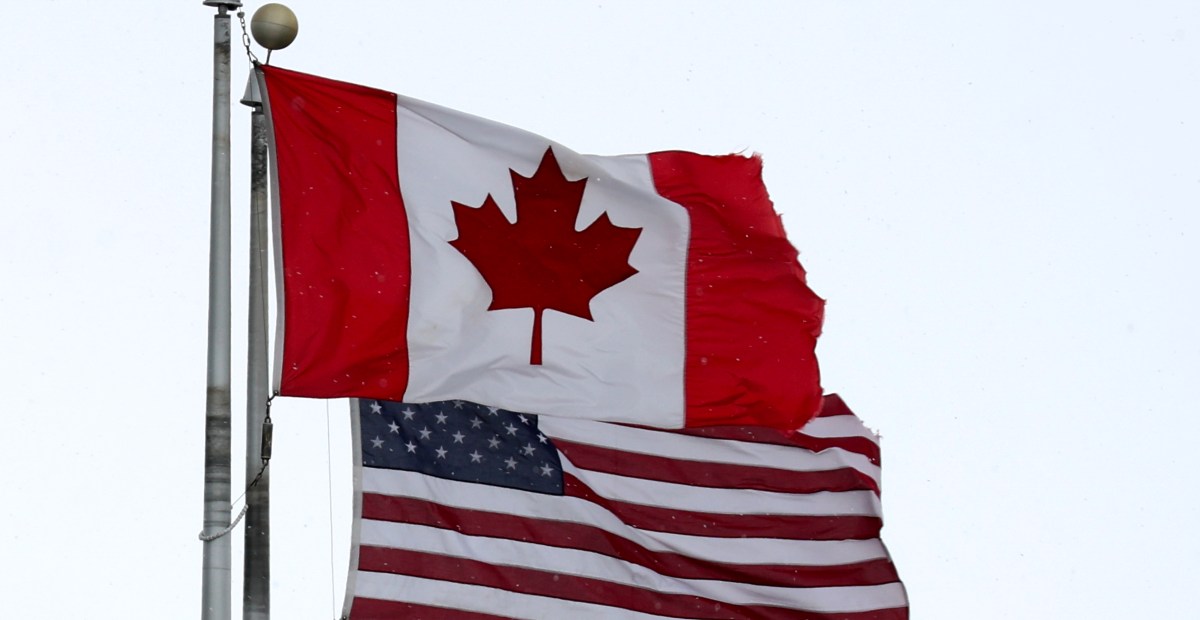Diplomatic Fallout: How Trump Unraveled U.S.-Canada Relations

In a political twist that no one saw coming, Donald Trump's provocative comments about turning Canada into America's "51st state" have unexpectedly breathed new life into Canada's Liberal Party and exposed critical fissures in the traditionally rock-solid US-Canada relationship.
What began as a seemingly offhand remark by the former US president has morphed into a powerful rallying cry for Canadian nationalism and political unity. Trump's inflammatory suggestion has done more to energize Canadian political sentiment than months of domestic campaigning could have achieved.
The Liberal Party, which had been struggling in recent polls, found itself suddenly reinvigorated by the opportunity to position itself as a defender of Canadian sovereignty. Prime Minister Justin Trudeau and his colleagues swiftly transformed Trump's comments into a potent narrative of national pride and resistance against perceived American overreach.
More significantly, the incident has highlighted the fragile nature of diplomatic relations between the two neighboring countries. What was once considered an unshakeable alliance now appears more vulnerable, with Trump's rhetoric serving as a stark reminder of the potential for diplomatic volatility.
For Canada, Trump's comments have become a unexpected gift - a chance to reassert national identity and challenge assumptions about the country's relationship with its powerful southern neighbor. The Liberal Party has seized this moment, turning a potential diplomatic embarrassment into a strategic political opportunity.
As the dust settles, one thing becomes clear: in the complex world of international politics, sometimes the most unexpected comments can trigger the most profound shifts in perception and power.
